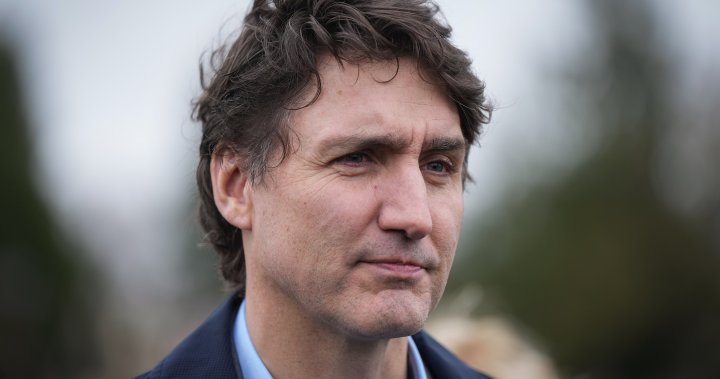A deepfake advertisement featuring Prime Minister Justin Trudeau endorsing a financial robot trader has been removed from YouTube. The ad, which was uploaded by a user in Switzerland, included manipulated audio of Trudeau’s voice promoting a website for passive income. The technology used to create deepfakes has advanced to the point where they are becoming indistinguishable from real content, making it increasingly challenging to identify and prevent their spread. Google, which owns YouTube, stated that they have strict policies regarding scams and take immediate action to remove such content and suspend advertiser accounts.
The deepfake ad featuring Trudeau is just one example of the concerning and unacceptable behavior that is becoming more prevalent with the rise of deepfake technology. Government officials are particularly vulnerable to being targeted by fake and misleading information spread through deepfakes. There is a growing trend of fake celebrity advertisements being used to scam unsuspecting individuals, with audio deepfakes being particularly convincing. The ease of creating deepfakes has raised concerns about the potential political challenges and confusion they could cause among the general public.
While current Canadian laws do not specifically address deepfakes, some provinces have introduced legislation that allows for legal action to be taken against altered images, including deepfakes. The introduction of the Online Harms Act by the federal government aims to hold social media platforms accountable for harmful content, including deepfakes, and requires them to remove such content within 24 hours. The case of Italian Prime Minister Giorgia Meloni, who is suing individuals for creating pornographic deepfakes of her, could provide a legal precedent for prosecuting those who release deepfakes.
The spread of deepfake technology poses significant risks, including financial scams and non-consensual sexual deepfakes. Politicians and governments need to be vigilant in debunking deepfakes and addressing the potential political challenges and confusion they may cause. While creating visual deepfakes that are convincing can still be challenging, audio deepfakes are becoming increasingly easy to generate, making it crucial for lawmakers and law enforcement agencies to stay ahead of the curve in addressing the potential risks associated with deepfakes. The introduction of legislation and legal precedents related to deepfakes will be essential in combating their harmful effects.
The manipulation of audio deepfakes can have serious implications, as seen in the case of the fake audio of U.S. President Joe Biden. Governments and politicians must be prepared to address the risks posed by deepfakes and work towards debunking and preventing their spread. The increasing prevalence of deepfake technology highlights the importance of updating laws and regulations to address the unique challenges posed by AI-generated content. The case of the Trudeau deepfake advertisement serves as a cautionary tale about the potential dangers of deepfake technology and the urgent need for proactive measures to address its harmful effects.


